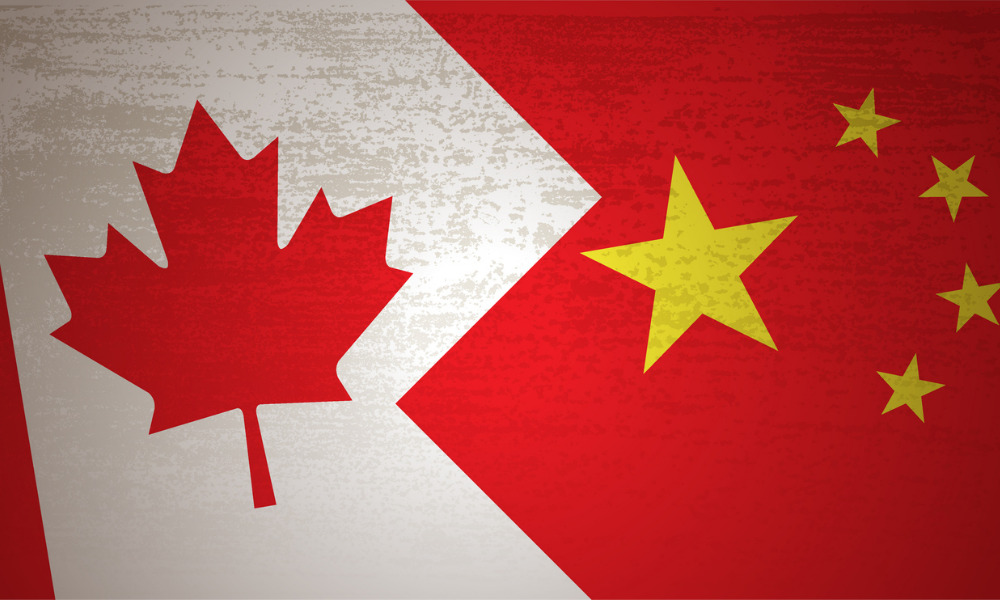A recession in China – the second-largest economy in the world and Canada’s second-largest trading partner – would have worldwide repercussions, according to analysts and institutional investors. Even stock or mutual fund investors who concentrate on Canadian companies may discover that they are exposed to unforeseen hazards.
“Given China’s importance from a trade standpoint, one has to take into account exposures to the various countries that they do trade with and the effects they will have on those countries,” said Sandy McPherson, the chief investment officer of the City of Edmonton, which has investments in Chinese companies.
McPherson regards Canadian exports to China as a key indicator of the strength of the Chinese economy. China’s record trade imbalance with its international partners last month suggested not just an increase in exports from China, but also that internal economic weakness had softened the country’s demand for imports.
Following years of stringent controls to stop the spread of COVID-19, Chinese consumers are less willing to spend, manufacturing output is increasing more slowly, and new investment from businesses not owned by the government is drying up.
The COVID-19 regulations also played a role in the youth unemployment rate reaching nearly 20% in July, according to China’s statistics agency. That was the highest level seen since data were made available in January 2018.


